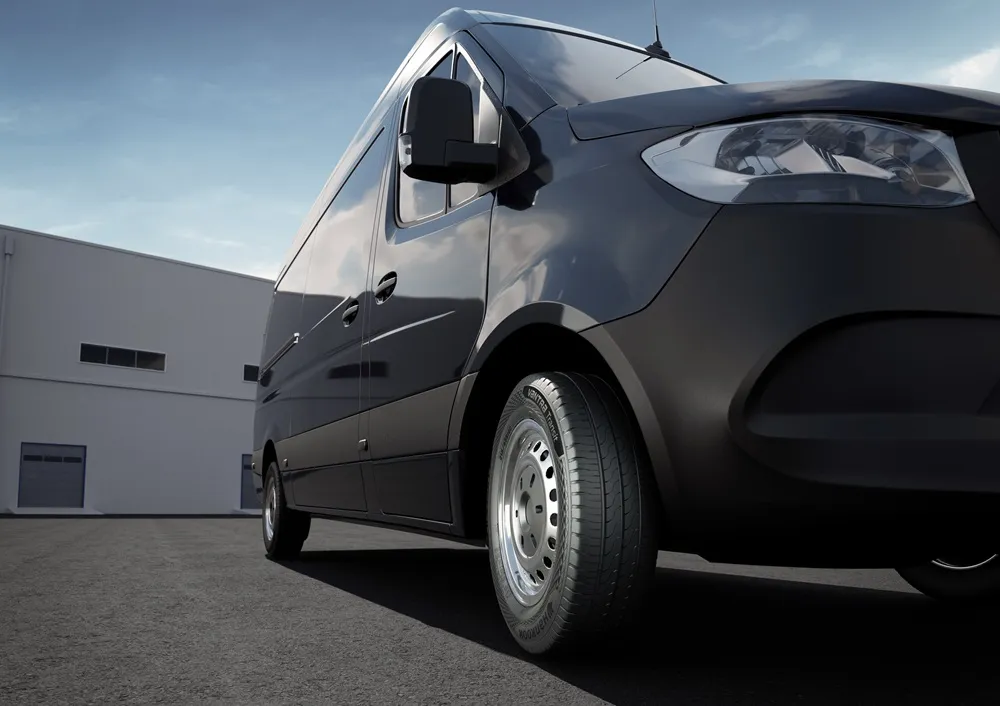In Spain, light commercial vehicle registrations fell 8.1% this month compared to November 2019, to 15,627 units, while commercial vehicles registered a slight decline of 0.6%, with 2,693 units. The three signatory associations, ANFAC, FACONAUTO and GANVAM jointly warn of the serious risk for the sector of the increase in the Registration Tax in January 2021.
Spain’s Vehicle Sales Maintain a Negative Trend
The negative trajectory continues in all vehicle segments and sales channels for November 2020. The second wave of the pandemic and the associated severe economic and social...
Spain’s Vehicle Sales Maintain a Negative Trend
The negative trajectory continues in all vehicle segments and sales channels for November 2020. The second wave of the pandemic and the associated severe economic and social...








